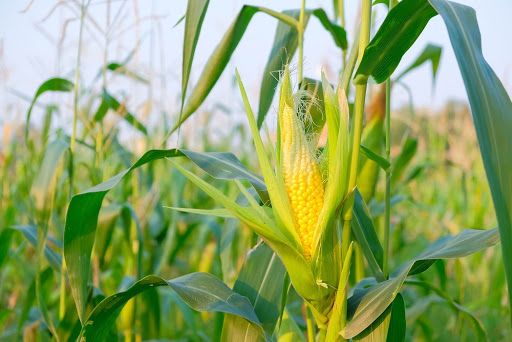Glyphosate, an ingredient used in pesticides, will be investigated by the Mexican government, according to a decree that President Andrés Manuel López Obrador plans to issue.
The draft decree is under review in the National Commission for Regulatory Improvement (Conamer).
The chemical baptized as glyphosate constitutes the active ingredient of many pesticides used in Mexico for at least three decades, in the agriculture, forestry and even gardening sectors.
In recent years, various scientific investigations have warned that glyphosate has harmful effects on the health of both humans and some animal species and has been identified as probably carcinogenic to humans by the International Agency for Research on Cancer.
In addition, various countries have banned the use of glyphosate in pesticides, and many others are evaluating the implementation of similar and other measures to protect the general population.
In such circumstances, the government of Mexico stated that active participation must be maintained in the search for instruments that allow it to have sustainable agricultural production through the use of inputs that are safe for human, animal and environmental health. .
For this reason, he adds, participatory research promoted by public institutions that fosters dialogue between farmers and indigenous and local communities can be part of the design of successful transition strategies towards more sustainable and safe production, in accordance with the Sustainable Development Goals of the 2030 Agenda.
Glyphosate
The purpose of the Decree is to establish the actions to be carried out by the Secretariats of Environment and Natural Resources, Agriculture and Rural Development, Economy and Health, as well as the National Council of Science and Technology to program and coordinate the necessary technical studies that to determine the safety of the chemical called glyphosate, as an active ingredient in pesticides.
In your case, the government of Mexico will develop the necessary technology that allows both its substitution and the increase in production levels with a view to achieving food self-sufficiency.
The Secretariats of Environment and Natural Resources, Agriculture and Rural Development, Health and the National Council of Science and Technology, with the support of agricultural and environmental research institutions, will coordinate these studies, which must be carried out within a maximum period of four years from the entry into force of the Decree.
The participation of the aforementioned Secretariats will be focused on determining the impacts to public health of producers and consumers; the environmental impact and the ecosystem services, as well as the productivity and economic efficiency of the field, each in the respective area of its competence.
The National Council of Science and Technology will defray the costs derived from the development of the studies indicated in the first article of this Decree, for which it must summon institutions that belong to the research system that it heads, incorporating the National Institute of Forest Research , Agricultural and Livestock.
Additionally, it will invite to this task organized groups of agricultural producers, to contribute to the design of technologies of which they will be users.
The pesticide industry and pesticide user associations may participate in technological development by the National Council for Science and Technology.

